Britain should apologise for Balfour Declaration - peer
- Published
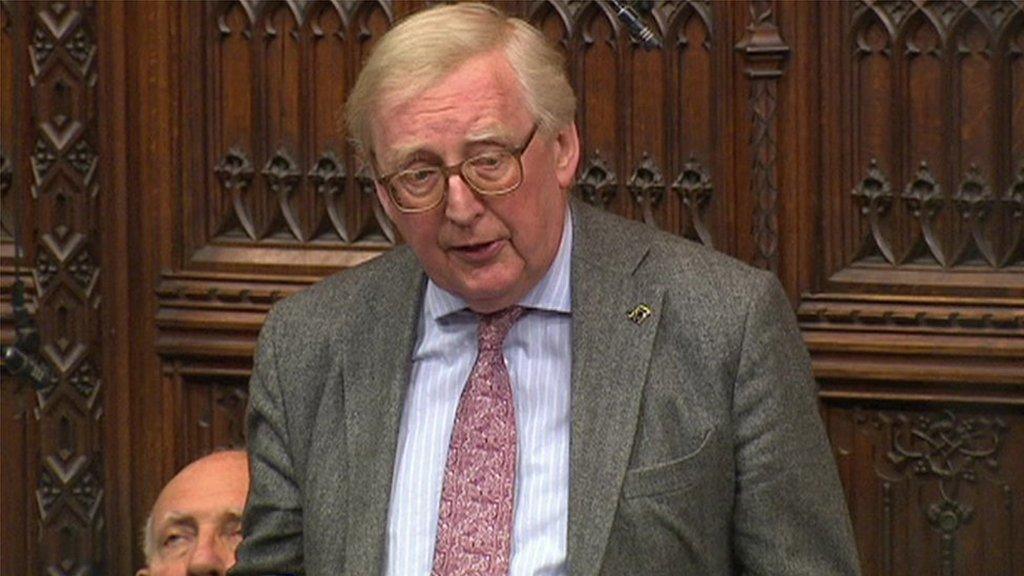
Lord Warner said Britain should apologise for not protecting the rights of non-Jewish people in the region
A peer has called on the government to apologise for the "suffering" of Palestinians, 100 years after the Balfour Declaration.
The UK government declaration was the first commitment by a world power to a "Jewish national home" in Palestine.
Lord Warner said the UK had failed to protect the rights of non-Jewish people in the region and should apologise.
The government said there would be no apology but it would work for peace between Israel and the Palestinians.
During questions in the House of Lords, the Foreign Office Minister Baroness Anelay told the independent peer that the government "will mark the centenary of Balfour with pride" and had invited Israeli Prime Minister Benjamin Netanyahu to the UK.
However, she added: "We recognise that the declaration should have called for the protection of political rights of non-Jewish communities in Palestine, particularly their right to self-determination.
"This is why we support a two-state solution."
In November 1917, the then British Foreign Secretary, Arthur Balfour, wrote a letter to Lord Rothschild, a leader of the Jewish community in Britain. It became an important element in the movement to create a Jewish state in Palestine, which culminated in the establishment of the state of Israel in 1948.
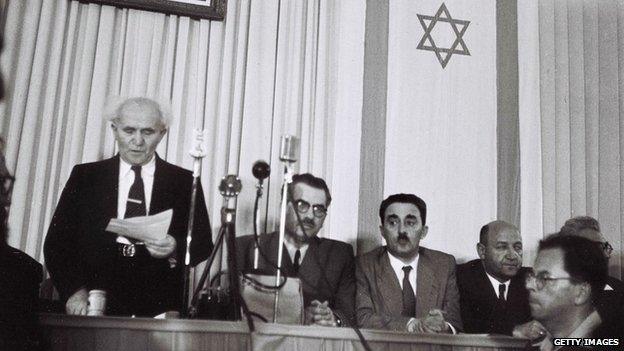
David Ben-Gurion announced the creation of the state of Israel in 1948
Historians disagree as to what Balfour intended by his declaration. The letter makes no mention of the word "state" and insists that nothing should be done "which may prejudice the civil and religious rights of existing non-Jewish communities in Palestine".
Crossbencher Lord Warner argued that there was a "conditionality" to the declaration and successive UK governments "have failed to deliver that declaration protection to the Palestinian people".
He told the House: "Furthermore, should we not mark the centenary with a gracious apology from the British government in Parliament for the suffering that that failure has caused and try to make amends... with a clear commitment to recognition of a viable independent Palestinian state?"

Text of the letter
Foreign Office
November 2nd, 1917
Dear Lord Rothschild,
I have much pleasure in conveying to you on behalf of His Majesty's Government, the following declaration of sympathy with Jewish Zionist aspirations which has been submitted to, and approved by, the Cabinet:
His Majesty's Government view with favour the establishment in Palestine of a national home for the Jewish people, and will use their best endeavours to facilitate the achievement of this object, it being clearly understood that nothing shall be done which may prejudice the civil and religious rights of existing non-Jewish communities in Palestine, or the rights and political status enjoyed by Jews in any other country.
I should be grateful if you would bring this declaration to the knowledge of the Zionist Federation.
Yours,
Arthur James Balfour

Baroness Anelay replied: "It was a historic statement and one for which the United Kingdom has no intention to apologise. We are focused on encouraging the Israelis and Palestinians to take steps which bring them closer to peace."
She ruled out recognising a Palestinian state until there was "a lasting negotiated solution", saying that "bilateral recognition does not deliver reality".
Conservative peer Lord Leigh of Hurley described Israel as "the one country in the Middle East that does protect human rights for women and gays amongst others".
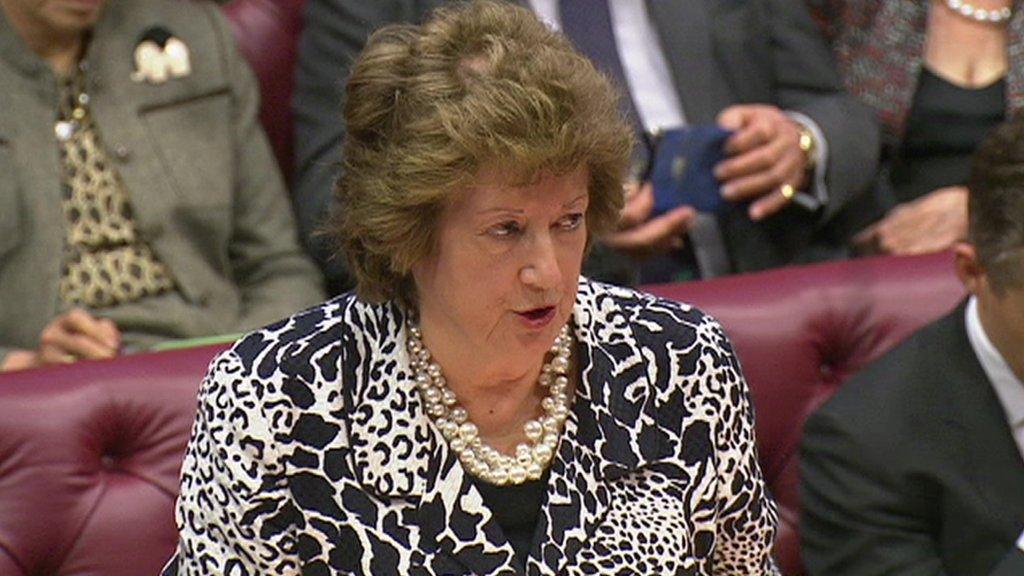
Baroness Anelay said: "We will mark the centenary of Balfour with pride"
And Labour foreign affairs spokesman Lord Collins of Highbury said: "The most important thing we can achieve in 100 years of the Balfour Declaration is ensuring that peace talks commence."
Lord Warner asked the question on behalf of absent independent peer Baroness Tonge, who quit the Liberal Democrats in 2012 over remarks she made about Israel.
Last year, Palestinian officials announced plans to sue the UK over the Balfour Declaration, arguing that it led to mass Jewish immigration to British Mandate Palestine "at the expense of our Palestinian people".
Mr Netanyahu said the move "shines a light clarifying that the root of the conflict is the [Palestinian] refusal to recognise a Jewish state in any borders".
- Published27 July 2016
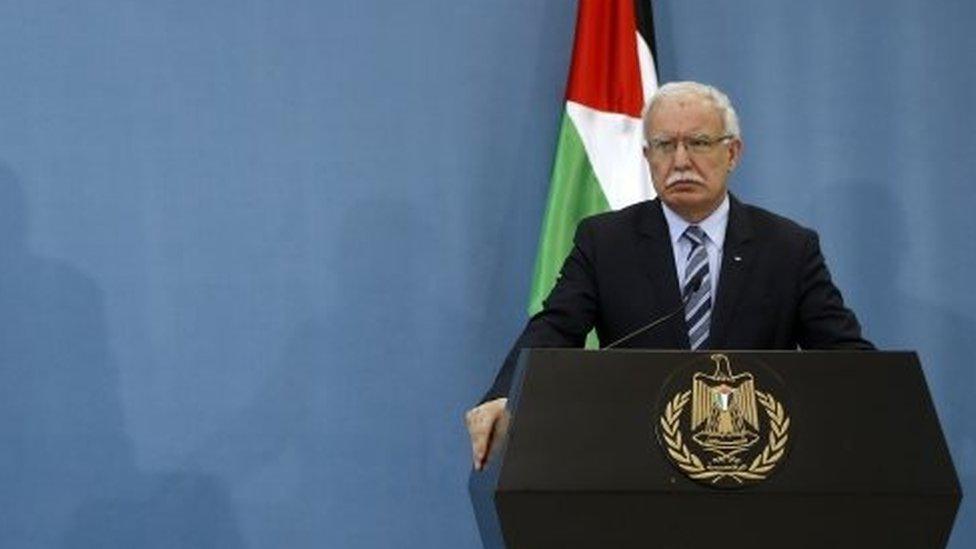
- Published13 October 2023
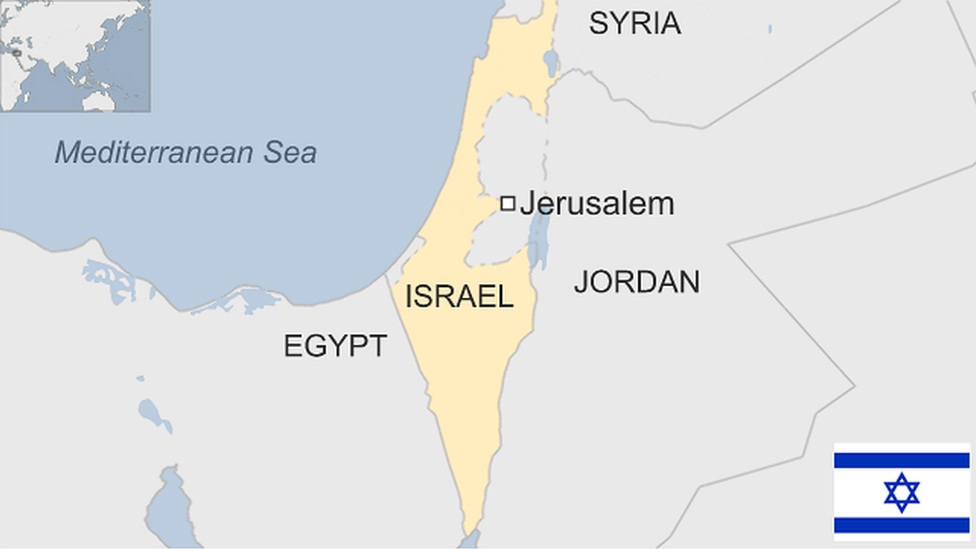
- Published26 June 2023
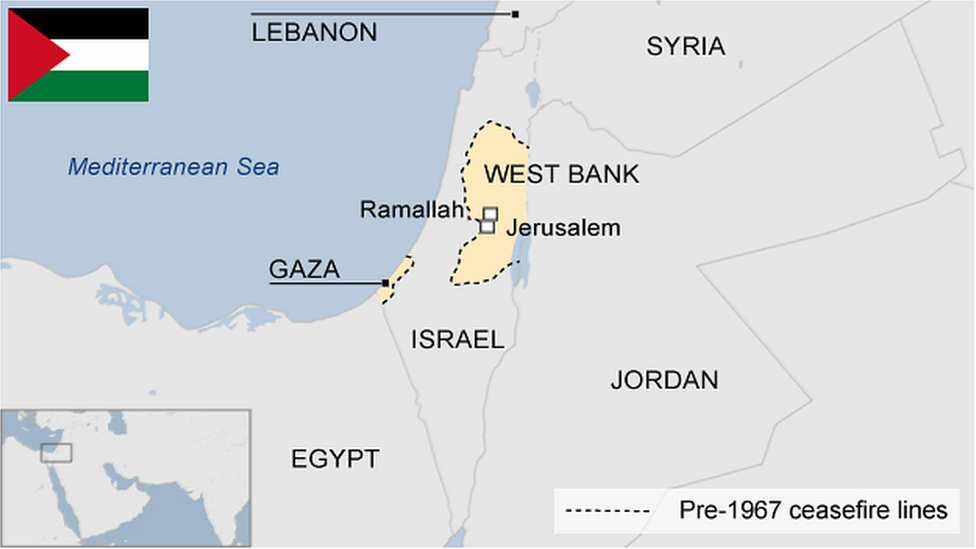
- Published14 January 2017
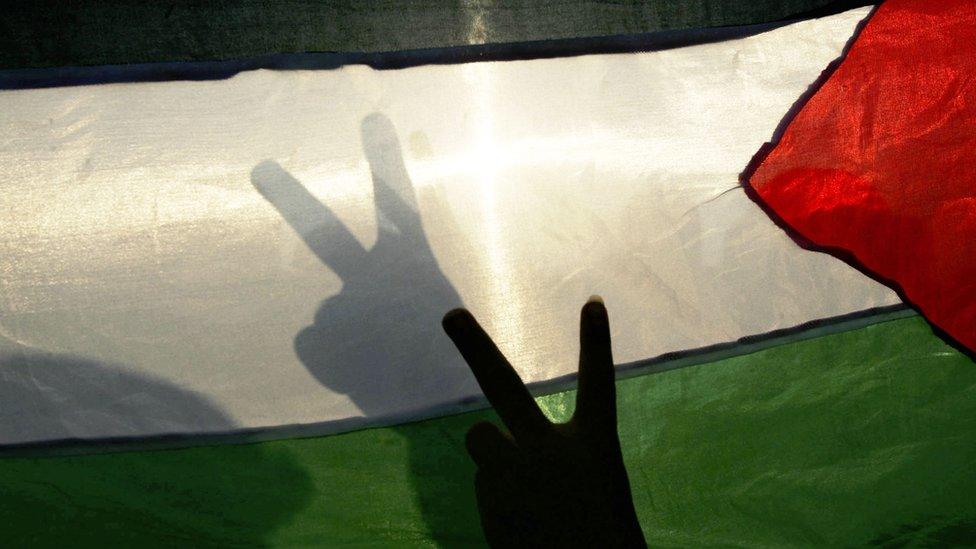
- Published1 June 2015
